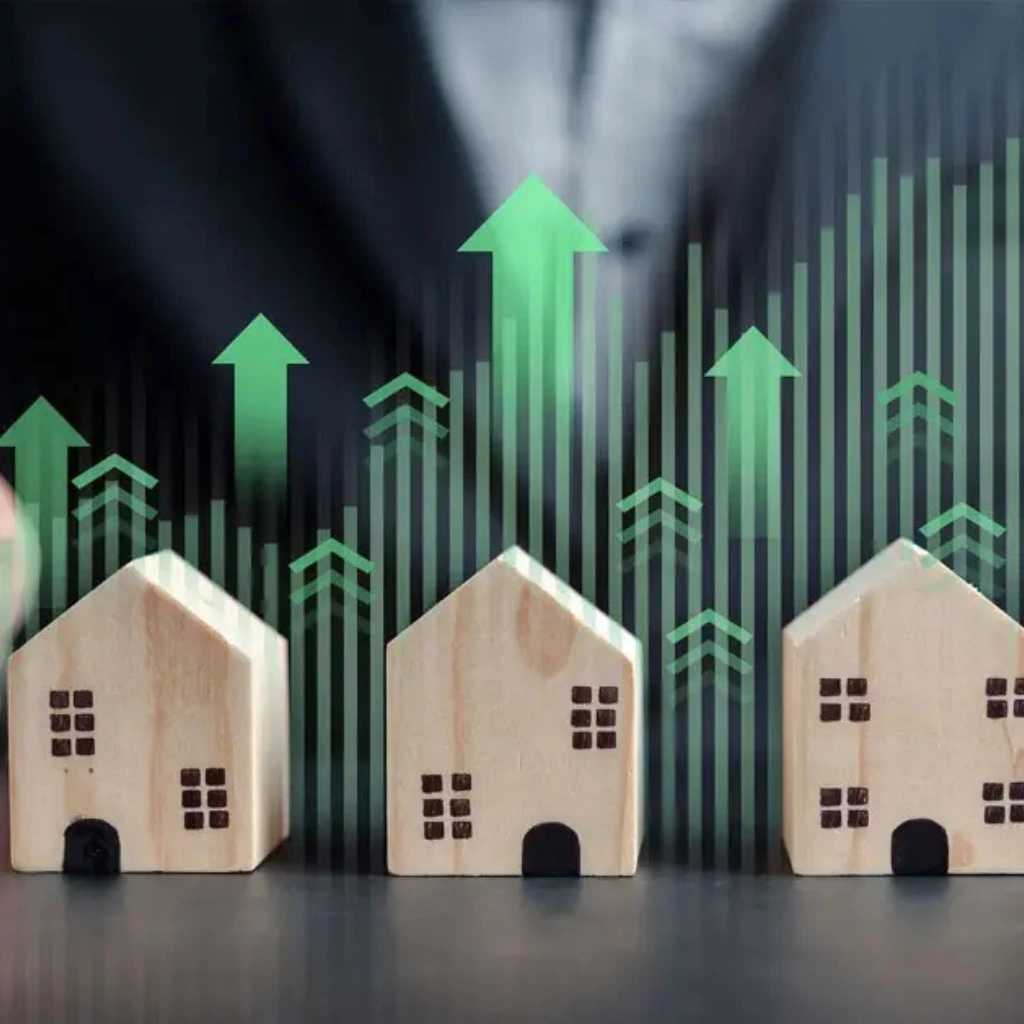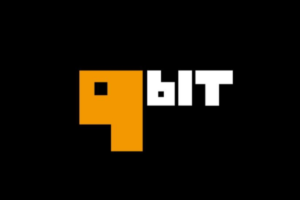What If Every Home Lived on the Blockchain?
Let’s run a thought experiment.
What if—just imagine—every real estate on the planet was on the blockchain? Deeds, titles, mortgages, sales history… all digitized, verified, and recorded on a decentralized ledger. What would that future look like?
Sounds futuristic? Maybe. But it’s not entirely out of reach. With tokenized real estate deals on the rise, blockchain property platforms scaling globally, and some governments dipping their toes into the tech, the concept is no longer science fiction.
So what would need to happen to get us there? And what might change along the way?
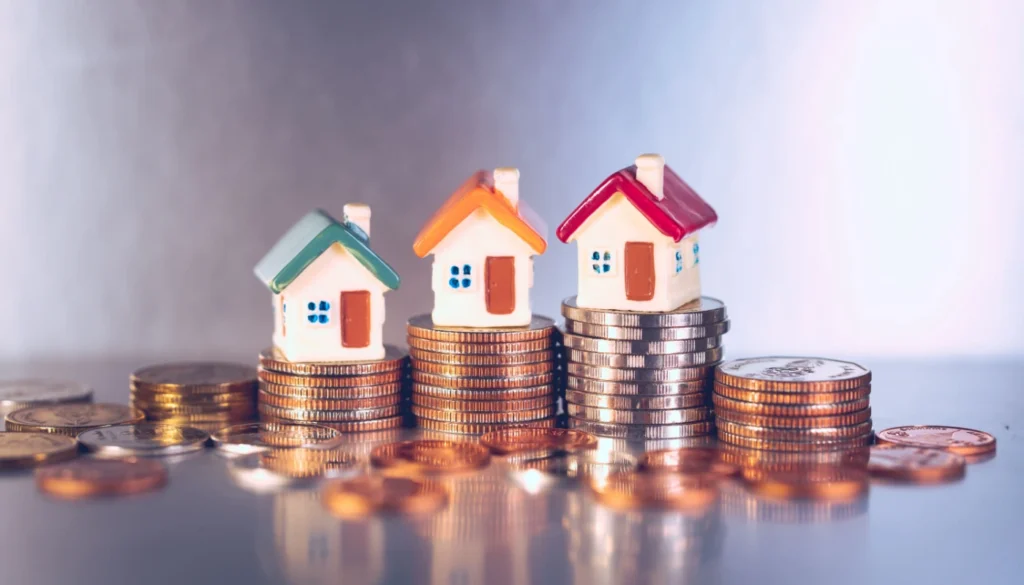
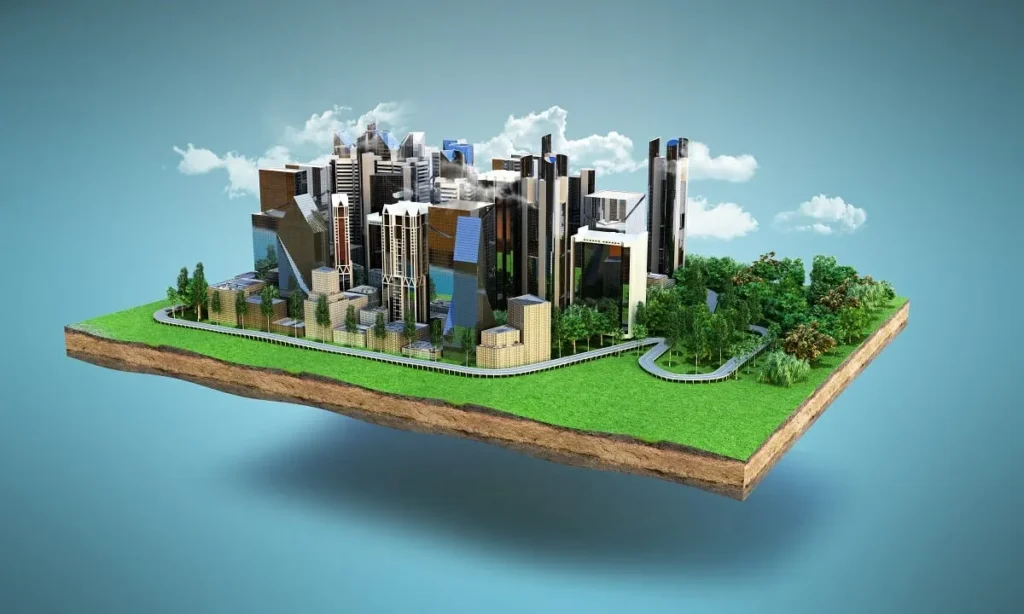
What If Real Estate Blockchain Became the Default for Property Records?
First, let’s clarify the scenario: in this hypothetical future, all property records—ownership, transaction history, even liens—live on a blockchain. No paper files, no opaque registries. Just a secure, digital, universally accessible ledger.


In that world, real estate becomes radically more transparent and efficient.
- Buying a house could be as simple as transferring a tokenized title from one wallet to another.
- Title fraud? Nearly impossible.
- Closing times? Maybe reduced from weeks to hours.
- International investing? Way easier, since assets are digitized and accessible globally.
It could also reduce costs by eliminating intermediaries and automating contracts via smart contracts.
Sounds slick—but it hinges on a few big “ifs.”
What If Real Estate Blockchain Tokenization Changed How We Own Homes?
Now let’s push the hypothetical further: what if tokenization—turning real estate into fractional digital assets—became the norm?
In this world, you wouldn’t have to buy a whole house. You could invest in 1%, 10%, or 0.05% of a property, just like buying shares of a company. Imagine someone owning small slices of buildings in New York, Berlin, and Singapore—without ever setting foot in any of them.
It could democratize real estate investing and lower the barrier to entry. People with modest savings could diversify portfolios by backing real-world assets.
But of course, this future also raises questions:
- Would local housing markets be distorted by global investors?
- Could communities be affected if homes are owned fractionally and managed remotely?
- Would it turn real estate into just another speculative asset class?
In other words, what happens when homes stop being homes and start becoming tokens?
What If the Legal System Embraced Real Estate Blockchain?
For blockchain real estate to go fully mainstream, laws would have to evolve—a lot.
Governments would need to legally recognize blockchain-based deeds and titles. That means replacing or integrating with existing land registries, rewriting property codes, and setting digital identity and notarization standards.
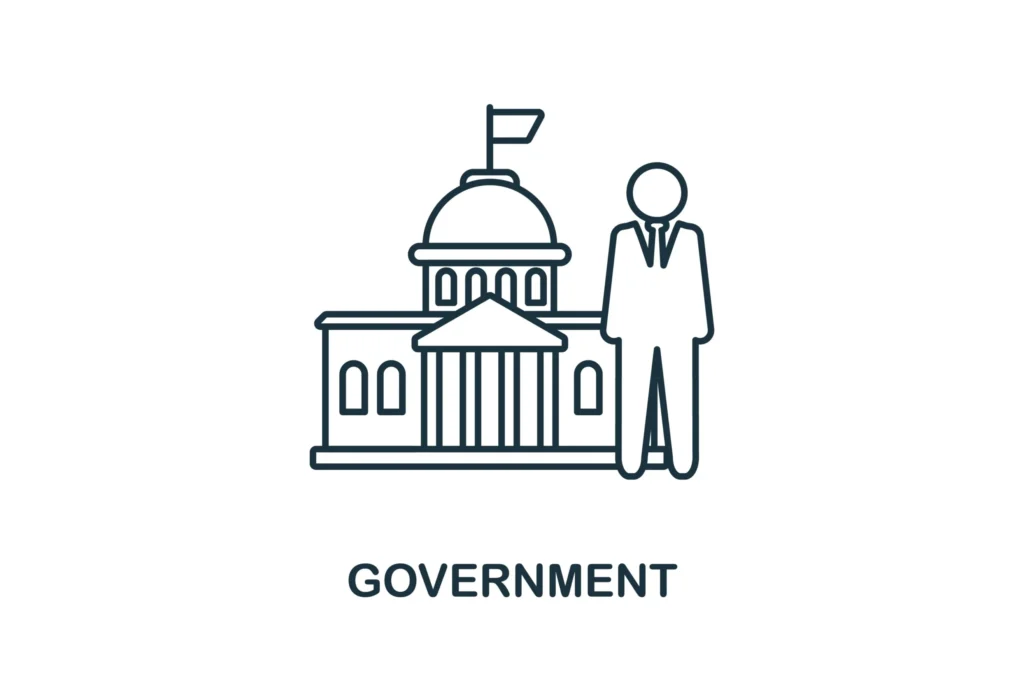
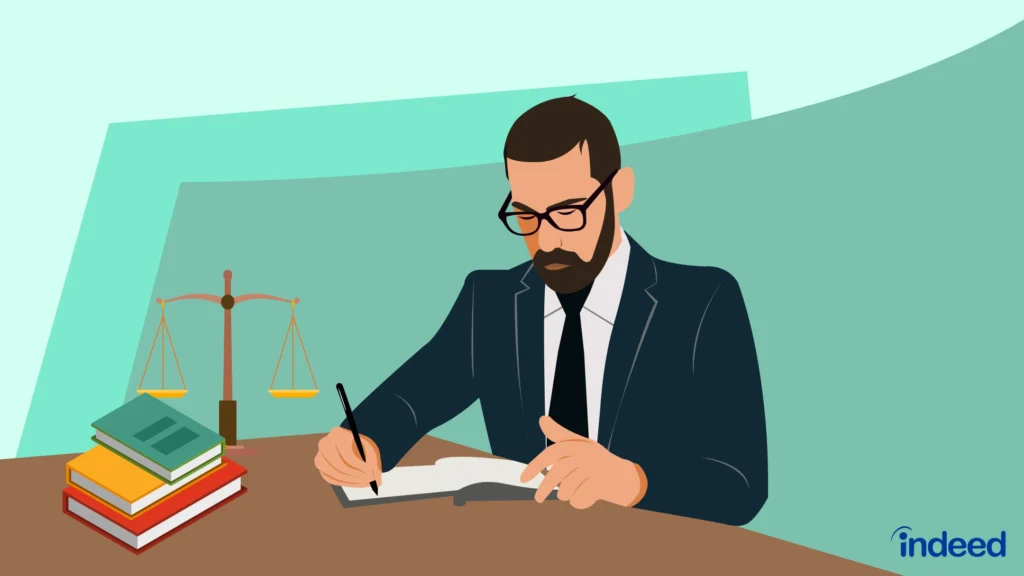
Some places are exploring this. Dubai has made headlines for piloting blockchain property records. U.S. counties like Cook County in Illinois have experimented, too. But it’s all early-stage.
In this imagined future, legislation would need to not just keep pace, but lead. And so far, that’s not been the legal world’s strong suit.
What If Something Went Wrong?
Of course, a future built on digital infrastructure comes with its own risks.
- Lose your private keys? You could lose access to your home or investment.
- Platform vulnerabilities? If a blockchain-based real estate company collapses, who’s responsible for your deed?
- Scams and fraud? While blockchain itself is secure, bad actors can still manipulate platforms built around it.
If we fully commit to blockchain real estate, resilience, regulation, and user education become as important as the technology itself.
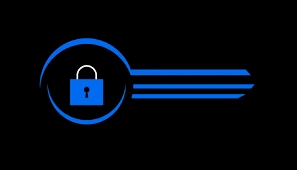
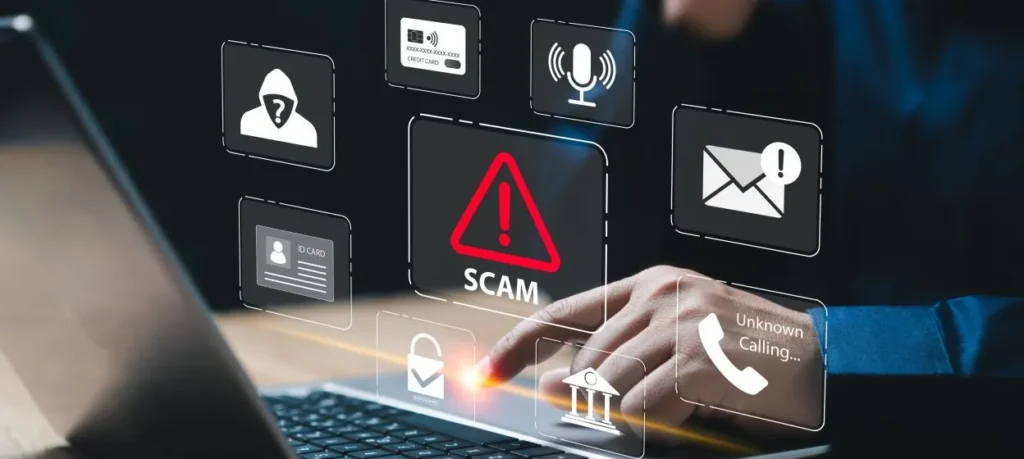
So… What If This Future Actually Happens?
It’s not out of the question.
In a decade or two, some version of this scenario could become real—especially in digitally progressive regions or sectors like commercial real estate and luxury property.
But “every home on the blockchain”? That still feels more possibility than probability for now.
The more likely outcome is a hybrid model: traditional land registries slowly integrating blockchain elements for transparency and efficiency, while private markets continue to experiment with tokenization and digital transactions.
Still, the mere fact that we’re asking “what if?”—and not laughing it off—is a sign that the real estate industry is ripe for transformation.
Final Thought
What if every home lived on the blockchain? The answer depends on more than just technology—it hinges on trust, regulation, and the pace at which old systems are willing to change.
But if this “what if” ever turns into a “what now,” we’ll be looking at a very different real estate world. One that’s faster, more global, and possibly more accessible—if we get it right.
Relevant Link : Here

